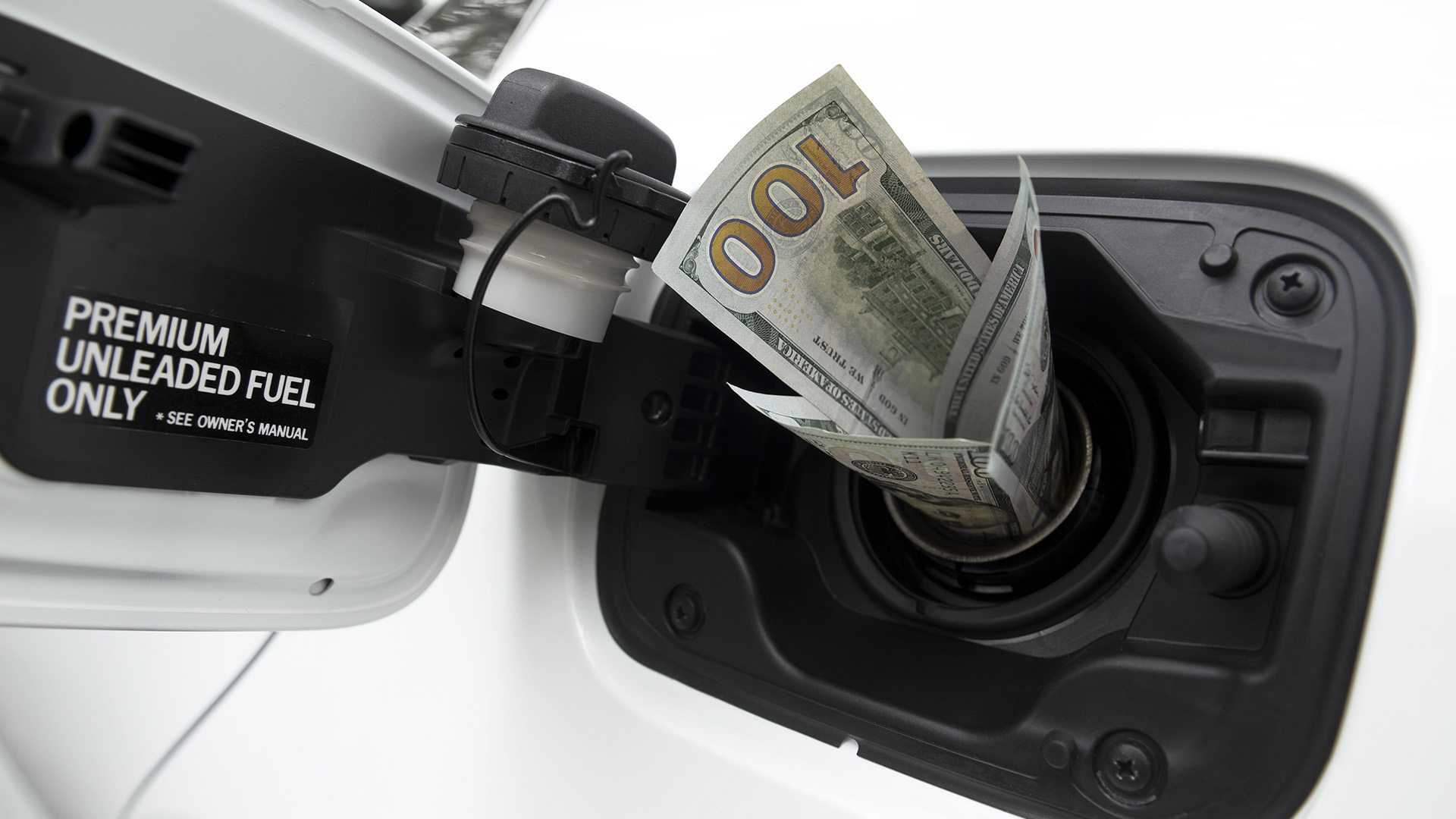ST. PAUL – Today, the Senate Transportation Committee will hear the Clean Transportation Standard Initiative (S.F. 2584). While CEA generally supports low carbon and clean transportation measures, S.F 2584, as currently drafted, would disproportionately impact Minnesota families, especially those in lower-income brackets and rural communities, and it would offer very little meaningful improvement for the climate or environment.
“Minnesota families are already struggling to make ends meet, and the current draft of the Clean Transportation Standard would place another significant strain on their financial security,” said Chris Ventura, Midwest Executive Director of Consumer Energy Alliance. “We are supposed to pass laws that make life better for Minnesota families. However, the Clean Transportation Standard does just the opposite.”
“The Clean Transportation Standard is a recipe for following states such as California and Washington into the ranks of the country’s highest fuel prices, significantly burdening families and small businesses, while failing to make meaningful environmental progress. Policies like S.F. 2584, which has been proposed today, have contributed to California having the highest fuel prices in the United States at $4.76 per gallon, according to a recent study by Stillwater Associates. This artificial increase in fuel costs not only puts a strain on the budgets of all drivers but hits lower-income families hardest, worsening economic disparities. In Washington state, similar policies have resulted in record-high fuel prices of $3.81 per gallon.
“California and Washington policies that have created the highest gas prices in the country should serve as a warning to Minnesota legislators supporting the Clean Transportation Standard – and their voters,” Ventura said.
“Low-income households spend a larger share of their income on gasoline – this legislation will burden those who can least afford it. Rural Minnesotans often travel longer distances for work, school, and basic services, so this legislation will further widen the economic divide between urban and rural areas. Minnesota businesses will face higher operating costs – this legislation will force them to pass those expenses onto consumers, leading to a general increase in the cost of everyday necessities like groceries, clothing and travel, further burdening Minnesota families.”
“Without doubt, the Clean Transportation Standard will lead to a higher cost of living, creating economic hardship for lower-income families, and widening the urban-rural divide. It is crucial to weigh these factors carefully and consider alternative approaches that achieve our shared environmental goals without burdening Minnesotans with hidden tax hikes. As the state working group identified, without doing anything, Minnesota is already on track to reduce transportation emissions 30% by 2050.”
Minnesota families are already speaking out.
“As a hockey dad, I have spent the better part of the past 20 years traveling around Minnesota for games and tournaments,” said Saint Paul resident Kevin Dolan. “Over the past few years, our economy has been on a rollercoaster, and Minnesota families have been paying the price – literally. Raising kids is already expensive enough, so to hear that there is an effort to enact a new law that will make us pay more than a thousand dollars more at the pump is incredibly frustrating. Minnesota families deserve better.”
About Consumer Energy Alliance
Consumer Energy Alliance is the leading voice for sensible energy and environmental policies for consumers, bringing together families, farmers, small businesses, distributors, producers, and manufacturers to support America’s environmentally sustainable energy future. With members nationwide, we are committed to leading the nation’s dialogue around energy, the environment, energy’s critical role in the economy, and how it supports the vital supply chains for families and businesses that depend on them. CEA works daily to encourage communities across the nation to seek sensible, realistic, and environmentally responsible solutions to meet our nation’s energy needs. By advocating for energy justice and sensible energy solutions, we hope to ensure that people who need affordable energy the most can have access to it.
Contact:
Bryson Hull
(202) 657-2855
bhull@beta.consumerenergyalliance.org

